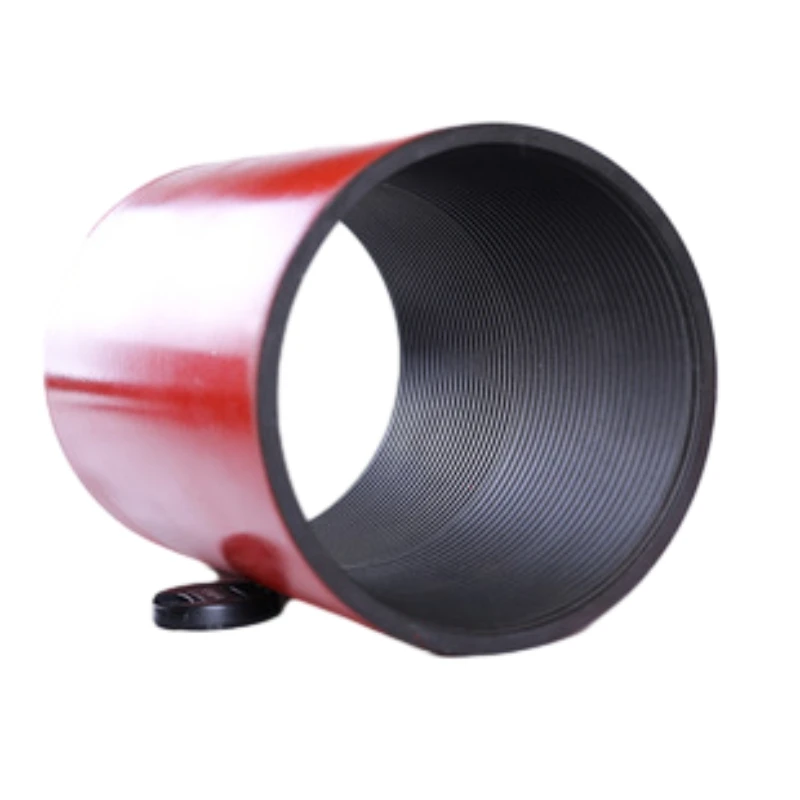- Afrikaans
- Albanian
- Amharic
- Arabic
- Armenian
- Azerbaijani
- Basque
- Belarusian
- Bengali
- Bosnian
- Bulgarian
- Catalan
- Cebuano
- Corsican
- Croatian
- Czech
- Danish
- Dutch
- English
- Esperanto
- Estonian
- Finnish
- French
- Frisian
- Galician
- Georgian
- German
- Greek
- Gujarati
- Haitian Creole
- hausa
- hawaiian
- Hebrew
- Hindi
- Miao
- Hungarian
- Icelandic
- igbo
- Indonesian
- irish
- Italian
- Japanese
- Javanese
- Kannada
- kazakh
- Khmer
- Rwandese
- Korean
- Kurdish
- Kyrgyz
- Lao
- Latin
- Latvian
- Lithuanian
- Luxembourgish
- Macedonian
- Malgashi
- Malay
- Malayalam
- Maltese
- Maori
- Marathi
- Mongolian
- Myanmar
- Nepali
- Norwegian
- Norwegian
- Occitan
- Pashto
- Persian
- Polish
- Portuguese
- Punjabi
- Romanian
- Russian
- Samoan
- Scottish Gaelic
- Serbian
- Sesotho
- Shona
- Sindhi
- Sinhala
- Slovak
- Slovenian
- Somali
- Spanish
- Sundanese
- Swahili
- Swedish
- Tagalog
- Tajik
- Tamil
- Tatar
- Telugu
- Thai
- Turkish
- Turkmen
- Ukrainian
- Urdu
- Uighur
- Uzbek
- Vietnamese
- Welsh
- Bantu
- Yiddish
- Yoruba
- Zulu
ss pipe coupling
Understanding SS Pipe Couplings A Comprehensive Overview
In the realm of piping systems, the integrity and reliability of connections are critical for optimal performance and safety. Among the various components that facilitate these connections, stainless steel (SS) pipe couplings stand out due to their durability, corrosion resistance, and versatility. This article aims to provide a detailed understanding of SS pipe couplings, including their types, applications, advantages, and installation considerations.
What is a Pipe Coupling?
A pipe coupling is a fitting used to connect two pipe sections, allowing for the extension or change in direction of the piping system. Couplings come in various materials and designs, but stainless steel is a preferred choice for many applications due to its superior properties. Stainless steel couplings are used in various industries, including plumbing, oil and gas, chemical processing, food and beverage, and more.
Types of Stainless Steel Pipe Couplings
SS pipe couplings can be categorized based on their design and function
. The most common types include1. Straight Couplings These are the most basic type of pipe coupling, designed to join two pipes of the same diameter. They ensure a secure and tight connection, which is essential for maintaining pressure in the system.
2. Reducing Couplings When there’s a need to connect a pipe of a larger diameter to one of a smaller diameter, reducing couplings come into play. They facilitate the transition in size while maintaining the flow of fluids or gases.
3. Threaded Couplings These couplings sport internal threads that allow for connections with threaded pipes. This design offers ease of installation and disassembly, making it a popular choice for temporary setups.
4. Socket Weld Couplings Designed to fit over the ends of pipes, socket weld couplings are ideal for welding applications. They provide a strong and permanent connection, making them suitable for high-pressure systems.
5. Flanged Couplings These utilize flanges that can be bolted together, providing a robust connection that is easy to disassemble for maintenance and inspections. They are often used in large piping systems.
Advantages of SS Pipe Couplings
The use of stainless steel pipe couplings offers numerous advantages
ss pipe coupling

1. Corrosion Resistance SS couplings are inherently resistant to rust and corrosion, making them suitable for harsh environments, including those with exposure to chemicals, moisture, and extreme temperatures.
2. Strength and Durability Stainless steel provides high tensile strength, ensuring that couplings can withstand mechanical stresses, impacts, and vibrations.
3. Versatility These couplings can be used across various industries and applications, making them a versatile choice for engineers and designers.
4. Maintenance and Longevity The durability of stainless steel means that these couplings typically require less maintenance and have a longer lifespan compared to other materials, reducing overall operational costs.
5. Health and Safety In applications involving food and beverages, SS couplings do not leach harmful substances, ensuring that health and safety standards are maintained.
Installation Considerations
Proper installation of SS pipe couplings is crucial to the efficacy of the piping system. Here are some key considerations
1. Preparation Ensure that the pipe ends are clean, free of burrs, and adequately aligned before attaching the coupling. This helps to avoid leaks and maintains the integrity of the connection.
2. Torque Specifications If using threaded or bolted couplings, adhere to the manufacturer’s torque specifications to prevent damage due to over-tightening or insufficient pressure.
3. Environmental Conditions Consider the working environment when selecting the type of stainless steel. For instance, SS 316 is preferable for marine applications due to its enhanced corrosion resistance.
4. Regular Inspections Although stainless steel is durable, regular inspections and maintenance are essential to identify any potential issues, such as wear or corrosion, before they become critical.
Conclusion
SS pipe couplings are integral components of modern piping systems, offering durability and reliability across diverse applications. Their resistance to corrosion, strength, and versatility make them an excellent choice for connecting pipes in numerous industries. By understanding the different types of SS couplings and adhering to best practices in installation and maintenance, engineers and technicians can ensure that their piping systems operate efficiently and safely for years to come. As industries continue to evolve, the role of stainless steel pipe couplings will undoubtedly remain significant in supporting infrastructure and process fluid management.
-
Well Casing Extension Couplings – Applications and InstallationNewsJun.06,2025
-
Types of Crossover Subs in Drilling & CompletionNewsJun.06,2025
-
Key Features of High-Quality Tubing Pup JointsNewsJun.06,2025
-
Installation and Maintenance Tips for Steel Couplings for PipeNewsJun.06,2025
-
How to Select the Right Pup Joint for Oil & Gas OperationsNewsJun.06,2025
-
Applications of Stainless Steel Pipe CouplingsNewsJun.06,2025







